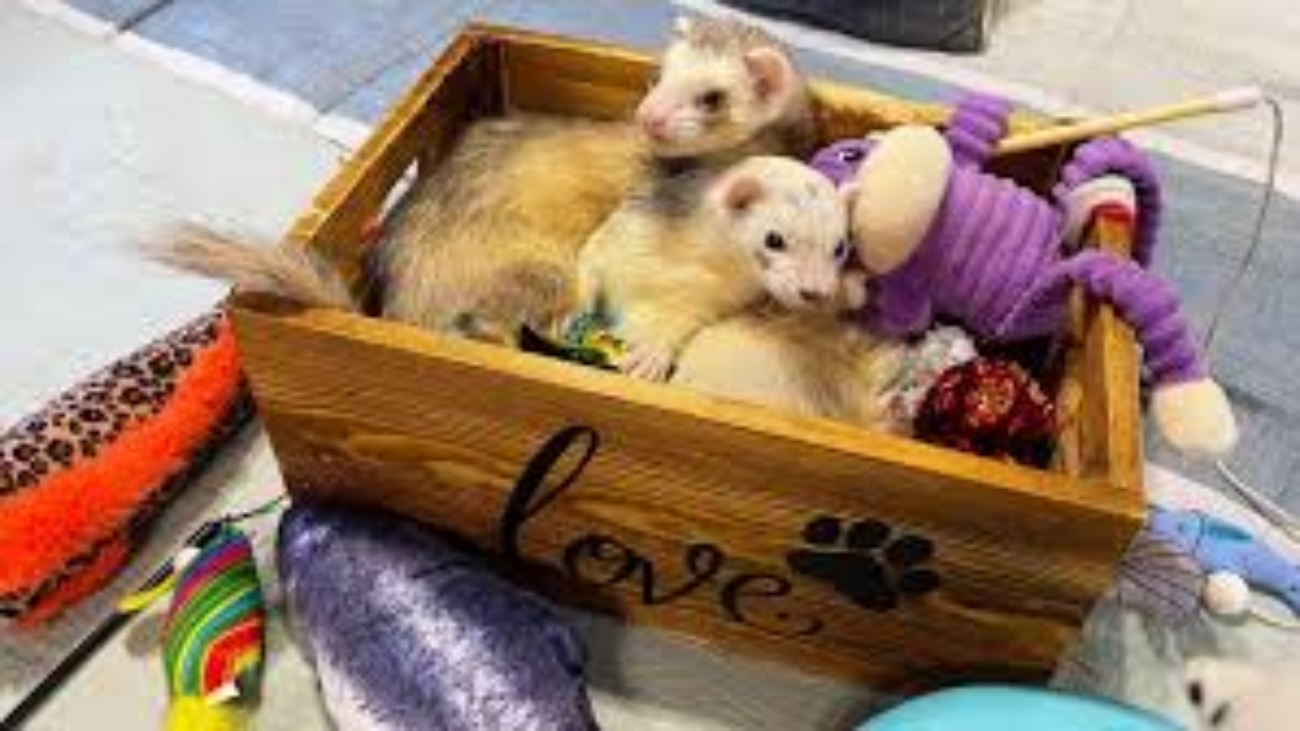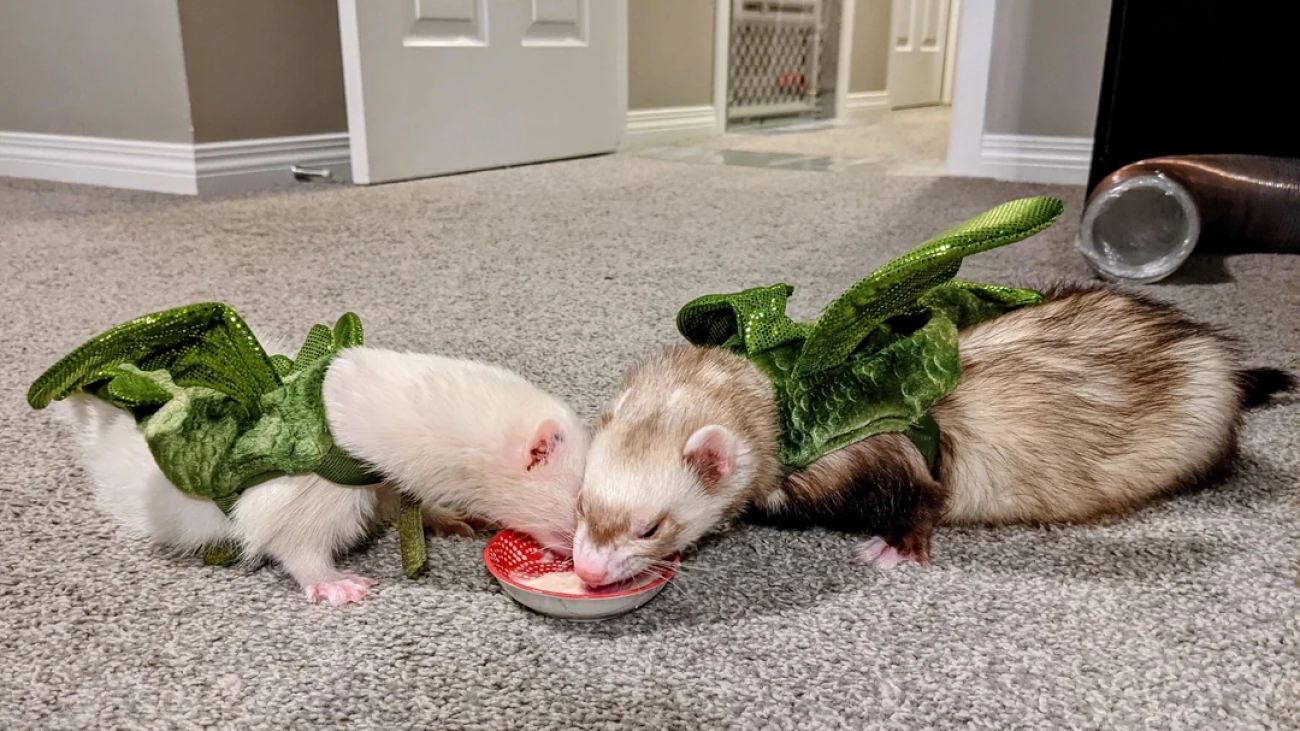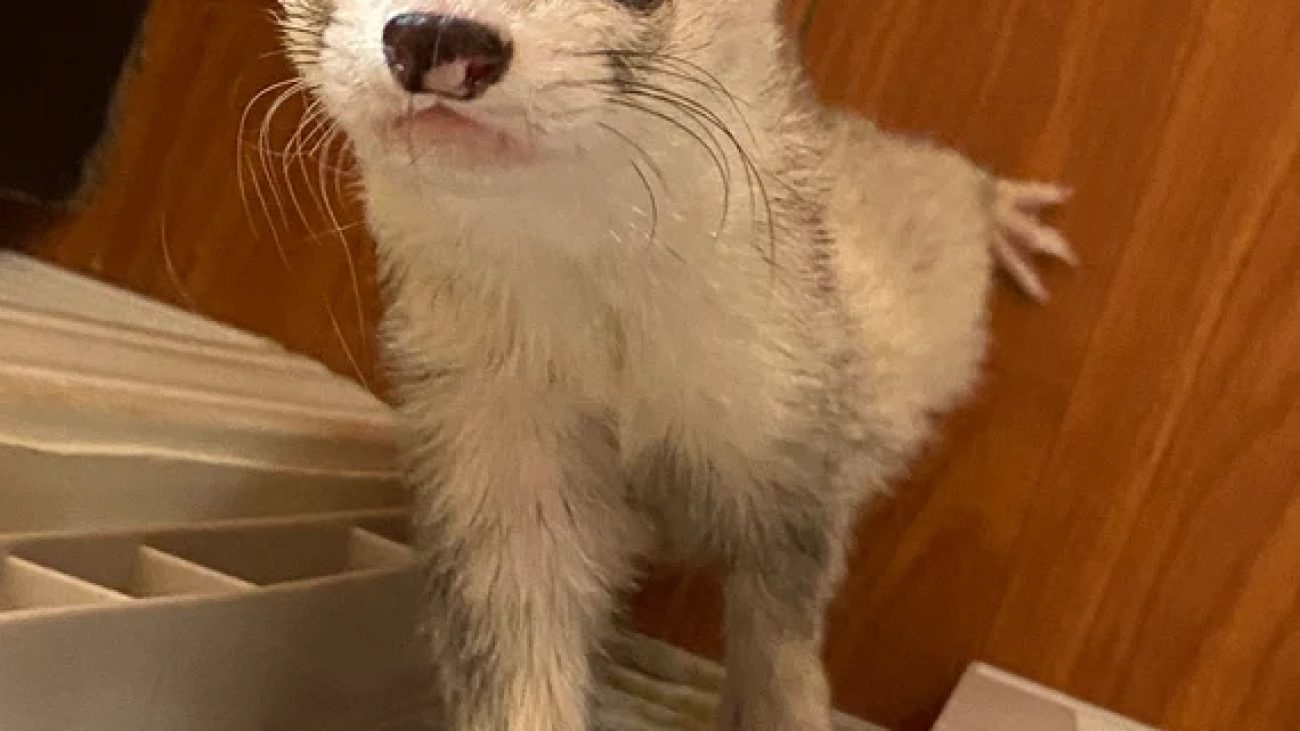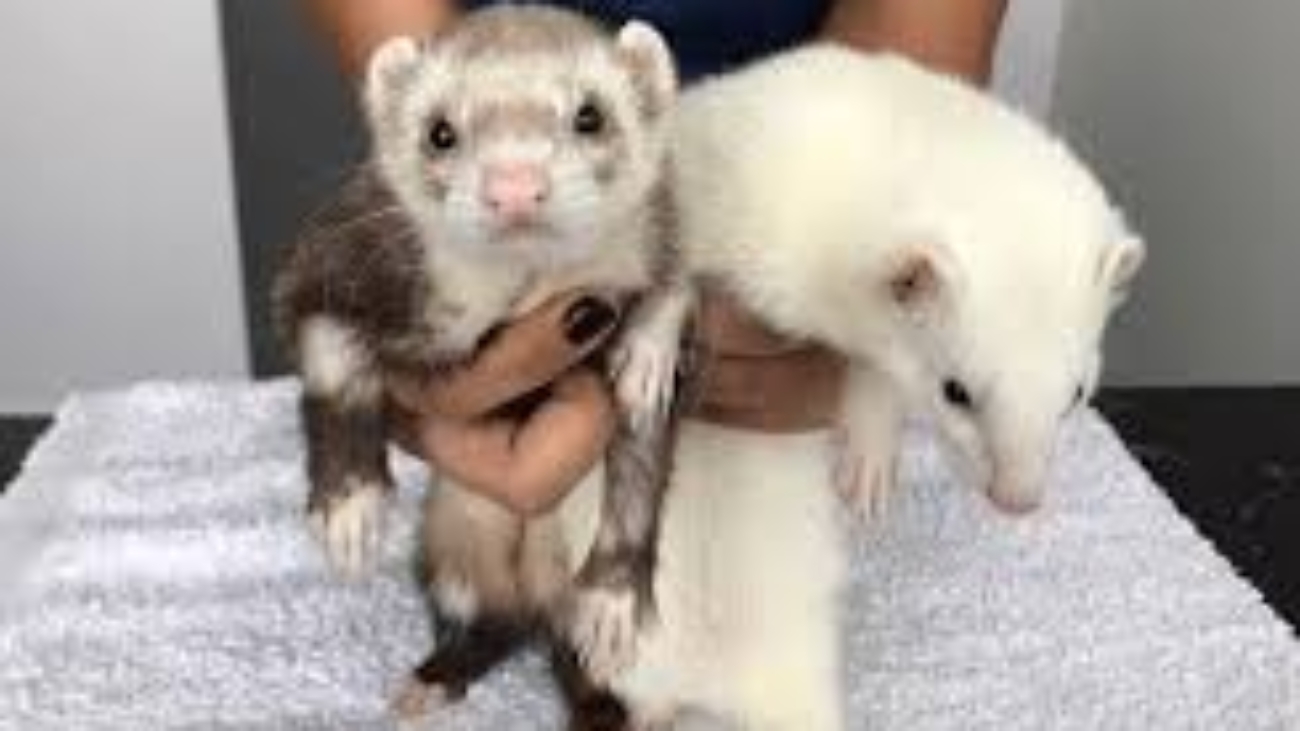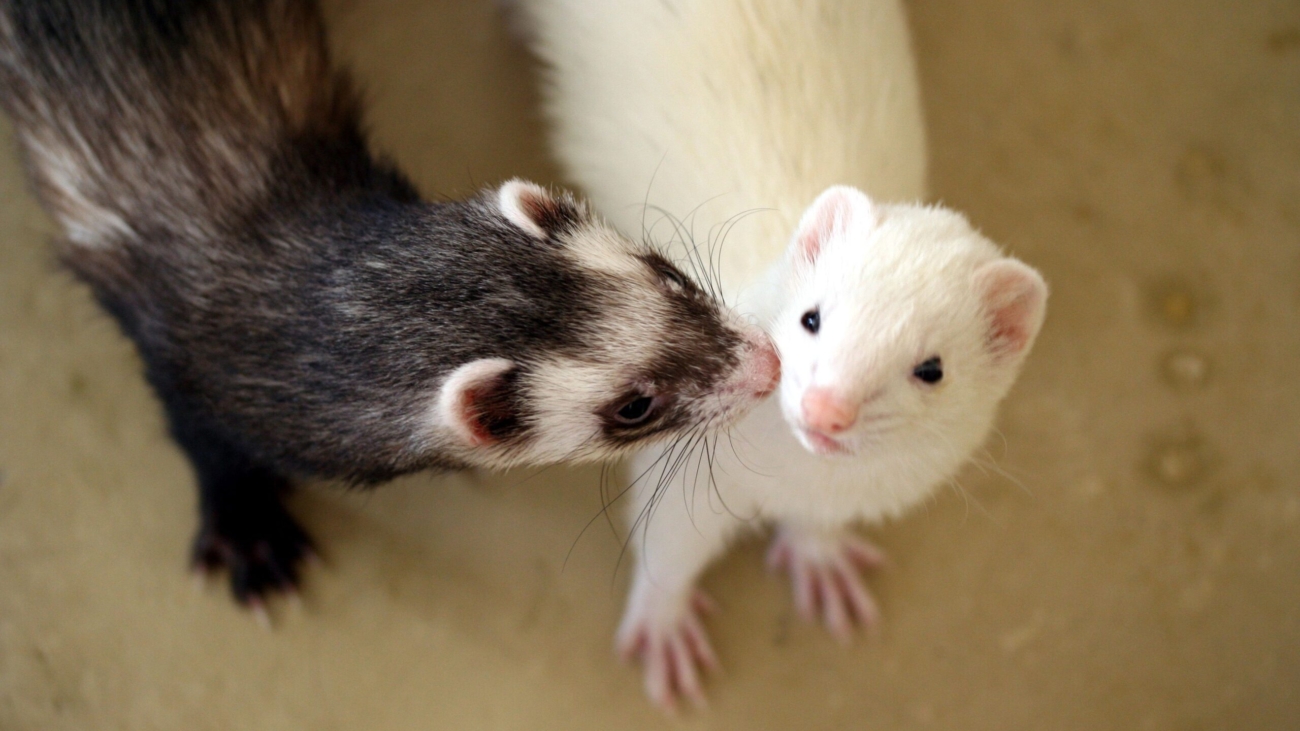Ugly Ferret, Ferrets have a reputation for being playful, curious, and mischievous creatures that bring joy to many households. However, some people label certain ferrets as “ugly” due to their unique physical characteristics or unusual behaviors. This perception is not only unfair but also overlooks the beauty and charm that every ferret possesses. In this article, we will explore why the so-called “ugly ferret” deserves just as much love and appreciation as its more conventionally attractive counterparts.
Understanding Ferret Beauty
Beauty is subjective, and what one person may consider unattractive, another might find endearing. Ferrets come in a variety of colors and patterns, including albino, sable, and silver. Each ferret’s appearance is unique, and their individual quirks and personalities often contribute to their overall charm. Unfortunately, societal standards of beauty can sometimes lead to negative perceptions of ferrets that don’t fit the mold.
Common Traits of the “Ugly Ferret”
Some ferrets may be considered “ugly” due to certain physical traits or health issues. These can include:
- Unusual Color Patterns: Ferrets with uncommon color combinations or markings may be perceived as less attractive.
- Health Conditions: Conditions like alopecia (hair loss) or adrenal disease can affect a ferret’s appearance, leading to patchy fur or a thin, frail look.
- Facial Features: Ferrets with non-standard facial structures, such as an overbite or misshapen ears, might be labeled as ugly.
- Behavioral Quirks: Ferrets with unusual behaviors or habits, such as excessive digging or odd vocalizations, may also be unfairly judged.
The Beauty of Personality
A ferret’s true beauty lies in its personality. Ferrets are incredibly social animals with distinct individual traits that make them special. Some ferrets are adventurous explorers, while others are cuddly and affectionate. Their playful antics, curiosity, and boundless energy can bring endless entertainment and joy to their owners. These personality traits far outweigh any physical imperfections.
Embracing All Ferrets
It’s essential to recognize and appreciate the uniqueness of every ferret. Rather than focusing on superficial qualities, we should celebrate the diversity and individuality of these wonderful pets. Ferrets with unconventional looks or behaviors often have the most memorable and endearing personalities. By embracing all ferrets, regardless of their appearance, we can ensure that every ferret finds a loving home.
Caring for the “Ugly Ferret”
If you own or are considering adopting a ferret that may be deemed “ugly,” there are several ways to ensure they thrive and feel loved:
- Regular Veterinary Care: Ensure your ferret receives regular check-ups and appropriate medical care to manage any health conditions.
- Proper Nutrition: Provide a balanced diet tailored to your ferret’s specific needs.
- Enrichment Activities: Engage your ferret with toys, tunnels, and interactive play to keep them mentally and physically stimulated.
- Affection and Attention: Spend quality time with your ferret, offering affection and companionship to strengthen your bond.
Conclusion
The label “ugly ferret” is a misnomer that fails to capture the true essence of these delightful creatures. Ferrets, regardless of their appearance, have the ability to bring immense joy and companionship to their owners. By looking beyond superficial judgments and appreciating the unique beauty of every ferret, we can ensure that all ferrets are loved and valued for who they are. In the end, it’s the heart and soul of a ferret that truly makes them beautiful.


